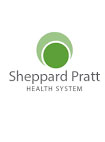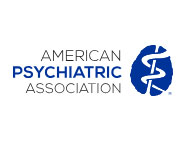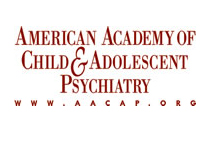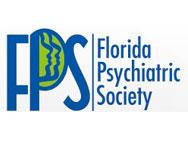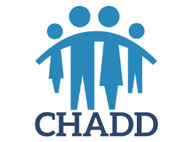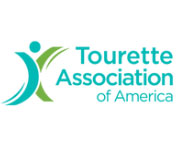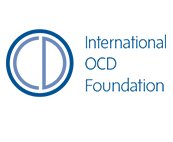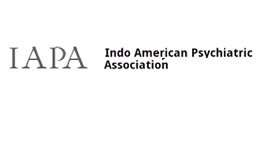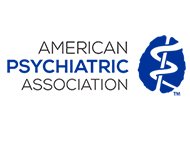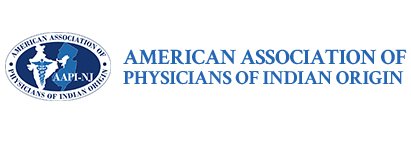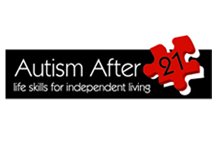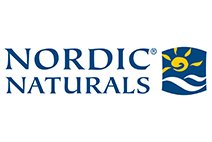ADHD in Adults: More Common Than We Think?

ADHD, or attention deficit hyperactivity disorder, is often associated with children, but it could be much more common in adults than we realize. The Centers for Disease Control and Prevention (CDC) estimates that around 15.5 million U.S. adults have been diagnosed with ADHD at some point in their lives. However, a recent survey by The Ohio State University Wexner Medical Center suggests that up to 25% of adults believe they have undiagnosed ADHD, yet only 13% have discussed these suspicions with their doctors.
The Dangers of Self-Diagnosis
While it may be tempting to self-diagnose, mental health experts strongly advise against it. Dr. Céline Gounder, a medical contributor to CBS News, emphasizes the importance of seeking professional help if you suspect ADHD. “The symptoms of ADHD can be more subtle in adults and overlap with other mental and medical conditions,” she says. Proper diagnosis is essential to ensure the right treatment plan.
What is ADHD?
ADHD is a neurodevelopmental disorder marked by inattention, restlessness, hyperactivity, and impulsivity. Although it is commonly diagnosed in childhood, it can persist into adulthood. The CDC notes that there is limited information about how ADHD manifests in adults, contributing to misconceptions and stigma around the disorder.
ADHD in Adults: Signs to Watch For
ADHD in adults often presents differently than in children, making it harder to recognize. Dr. Gounder explains that adults may be better at masking their symptoms, but some signs to look out for include:
- Difficulty focusing or finishing tasks
- Trouble with organization and time management
- Fidgeting or restlessness
- Interrupting others or talking excessively
- Impulsive decision-making and irritability
It’s essential to get a professional evaluation, as these symptoms can overlap with other mental health issues.
Treatment Options for ADHD
ADHD treatment typically involves a combination of therapy and medication. Cognitive Behavioral Therapy (CBT) helps individuals manage how their thoughts, feelings, and behaviors interact, allowing them to override impulsive reactions. Medications, including stimulants like Adderall, Vyvanse, and Ritalin, are often prescribed. Non-stimulant medications are also available, though they may take longer to be effective.
Conclusion: Seek Professional Guidance
If you suspect you have ADHD, it’s important to see a doctor. Getting the right diagnosis and treatment can improve not only focus and organization but also overall mental health and well-being.
Reference:
CBS Interactive. (n.d.). 25% of adults think they have undiagnosed ADHD, survey shows. A doctor shares what to know. CBS News. https://www.cbsnews.com/news/adults-undiagnosed-adhd-survey/
Dr.Kothari is amazing! She has been my doctor for years...
I have been a patient of Dr. Kothari for over three years. She has invested her heart...
Dr. Kothari has been seeing my sons for seven years. She is a wonderful resource...
Dr. Kothari is very caring. Appointments and waiting times are great...
When we started seeing Dr. Kothari, my son was dealing with a great...
Dr. Kothari has saved my life, this I can say without reservation...

 Patient Forms
Patient Forms Videos
Videos Location
Location

